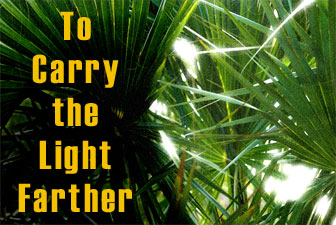For many years, almost all English-language articles and books about the deaths of the five missionaries referred to their killers as members of the “Auca” people. This was not the name the people used for themselves, but one given to them by their neighbors in the region, the lowland Quichua, who feared and hated them.
Most Westerners, including American missionaries, historically accepted the use of the name without question. However, “Auca” is an ethnic epithet, meaning in the most negative possible way a "savage" or "barbarian." The Waorani themselves object strenuously to the term.
In this exhibit, “Auca” is used only when necessary to reproduce the actual words used in their historical context, including the titles of articles and books or verbatim statements of participants in documents and transcripts. Otherwise, the exhibit uses the term the tribal people use for themselves, “Waorani,” which means, “human beings” or "people."
There has been a variety of English renderings of the tribe's name, including Waodani, Huaorani, Sabela, Waos and Huaos. “Waorani” seems to be be the most commonly accepted term and spelling, and will be the one used in this exhibit. The language of the Waorani has been called Wao, Sabela, Huao, Aushiri, and Sabela. The Waorani call their language "Wao tededo," best paraphrased as "the people's speech." The exhibit uses “the Wao language” or, in context, "Wao." The names of individuals have also been rendered in different ways. In this exhibit, the text uses the most commonly accepted version. Actual documents, of course, may spell the name of the same person in many different ways. |

